Optimal Timing for Storm Restorations
Timing is a critical factor in storm restoration projects. The optimal period for undertaking storm restorations depends on various climatic and seasonal considerations. Proper timing can influence the effectiveness, safety, and longevity of repairs, ensuring structures are resilient against future weather events.
Storm restorations are most effective during seasons with stable weather, typically late spring through early fall, to avoid interruptions caused by heavy rains or snow.
Conducting inspections immediately after storms allows for timely repairs, minimizing damage progression and preventing further structural issues.
Pre-storm maintenance and reinforcement can reduce damage severity, making restorations easier and more cost-effective when storms occur.
Scheduling restorations during off-peak times can lead to quicker project completion and less scheduling competition.
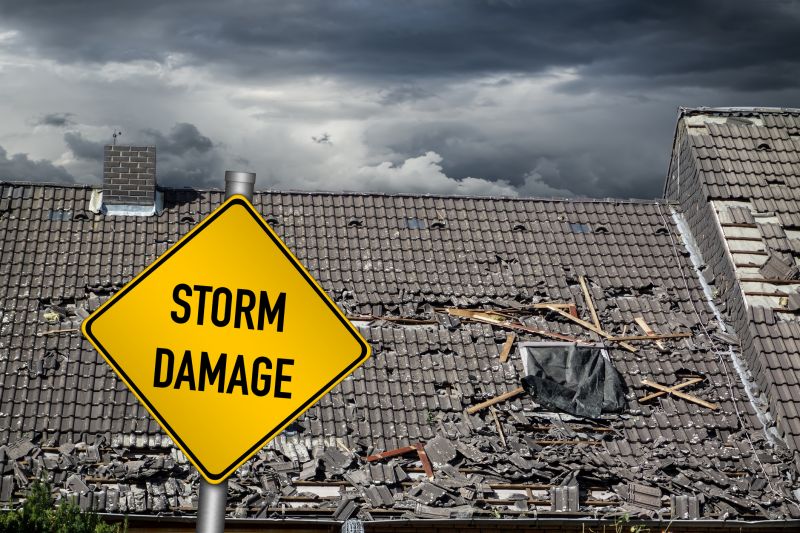
Initial evaluation of storm damage helps prioritize restoration efforts.
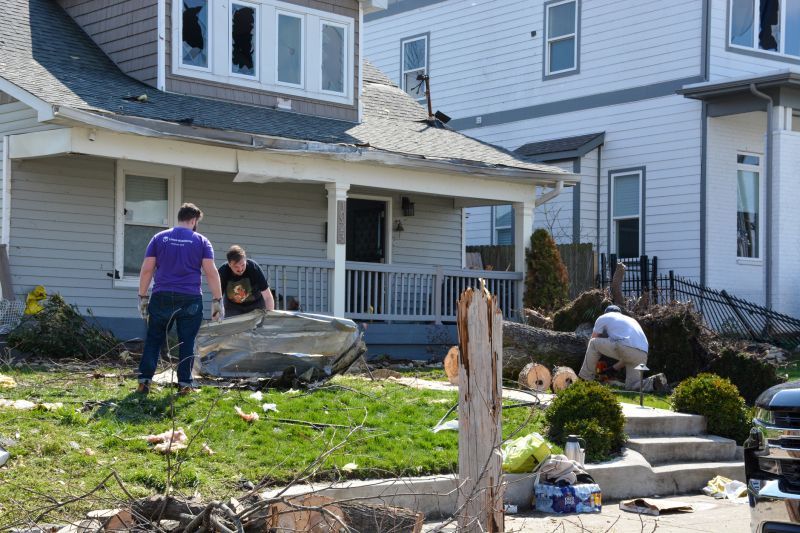
Restoration crews repairing roofs after storm damage.
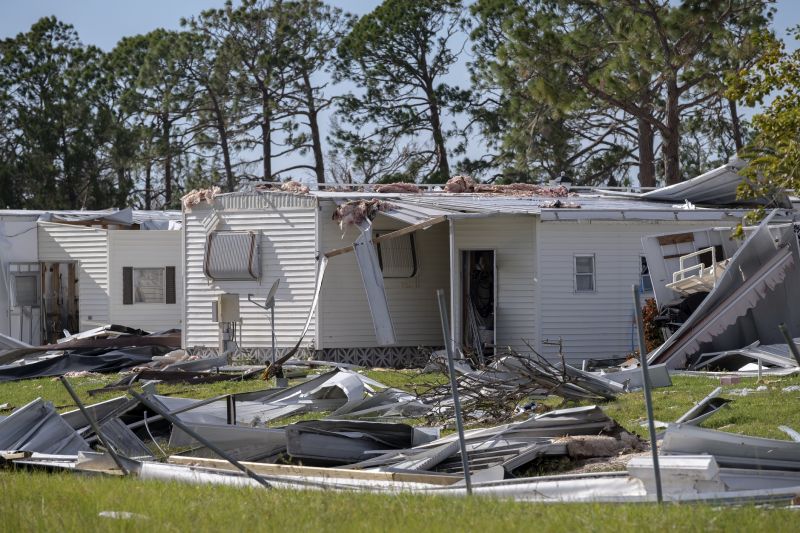
Finished restoration project restoring building integrity.
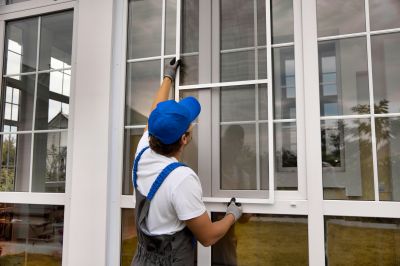
Ways to make Storm Restorations work in tight or awkward layouts.
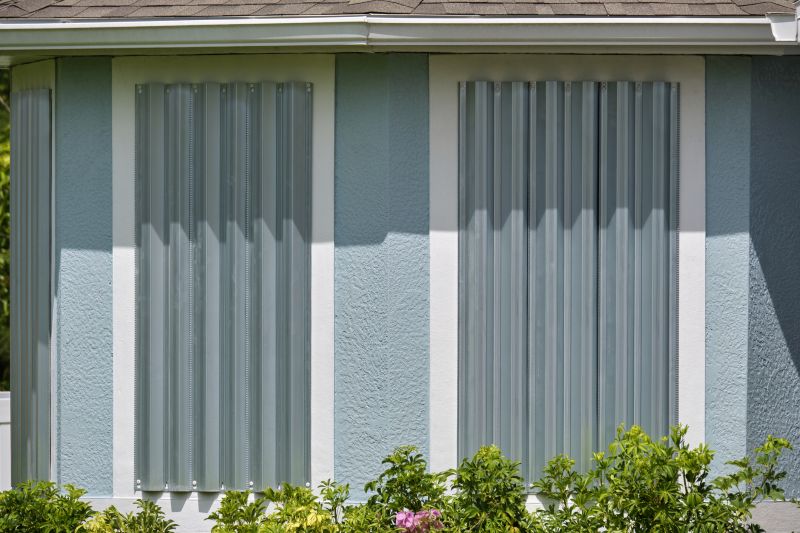
Popular materials for Storm Restorations and why they hold up over time.
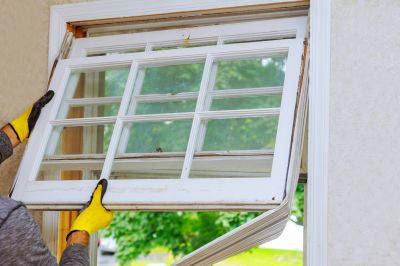
Simple add-ons that improve Storm Restorations without blowing the budget.
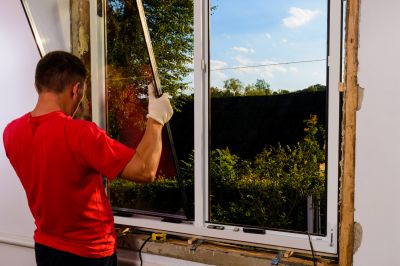
High-end options that actually feel worth it for Storm Restorations.

Finishes and colors that play nicely with Storm Restorations.
| Season | Advantages |
|---|---|
| Spring | Ideal for repairs before summer storms; moderate weather conditions. |
| Summer | Longest daylight hours; good for extensive projects; weather generally stable. |
| Fall | Prepares structures for winter; weather can be unpredictable. |
| Winter | Limited restoration options due to snow and cold; best avoided. |
Storm restorations involve repairing and reinforcing structures affected by severe weather events such as high winds, hail, and heavy rain. These projects are crucial for maintaining the safety and integrity of buildings, roofs, and other infrastructure. Timely restoration can prevent further damage, reduce long-term costs, and restore property resilience.
Statistics indicate that proper timing of storm restorations can significantly decrease repair costs and minimize downtime. Post-storm assessments often reveal that early intervention reduces the extent of damage and prevents secondary issues like mold growth or structural weakening. Planning restoration efforts around favorable weather windows ensures safety and efficiency.
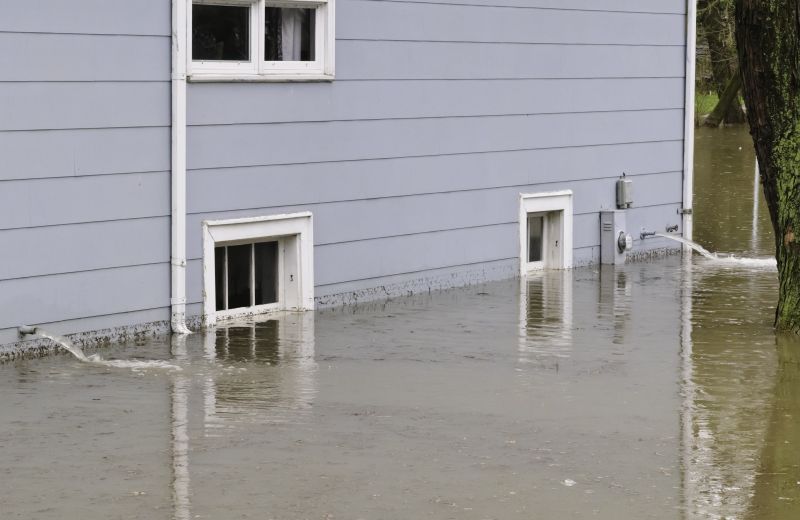
Restoring roofs and siding after a storm.
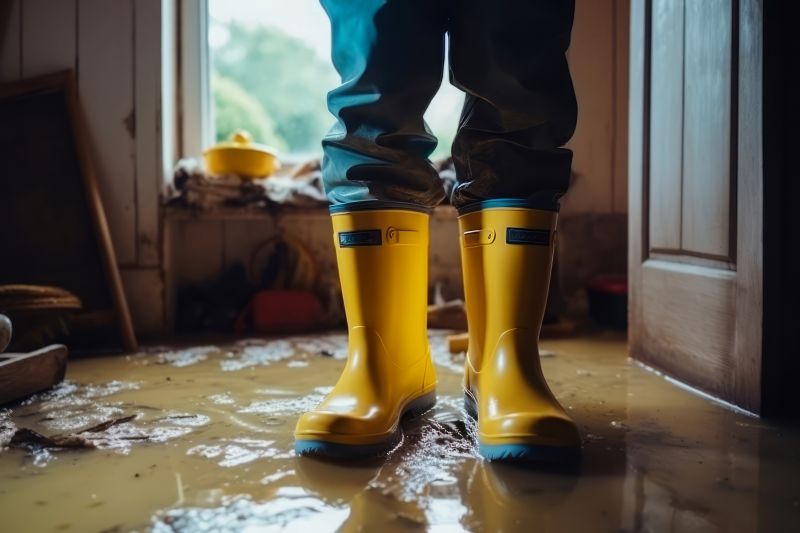
Rapid response teams addressing storm damage.
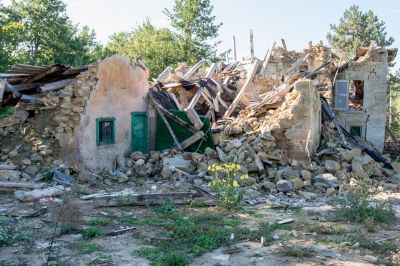
Pre-storm strengthening of vulnerable structures.
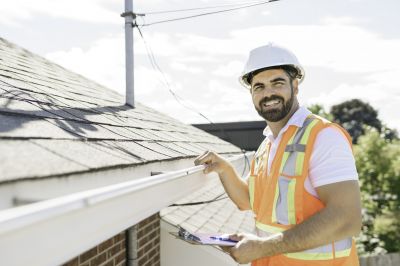
Ensuring repairs meet safety standards.
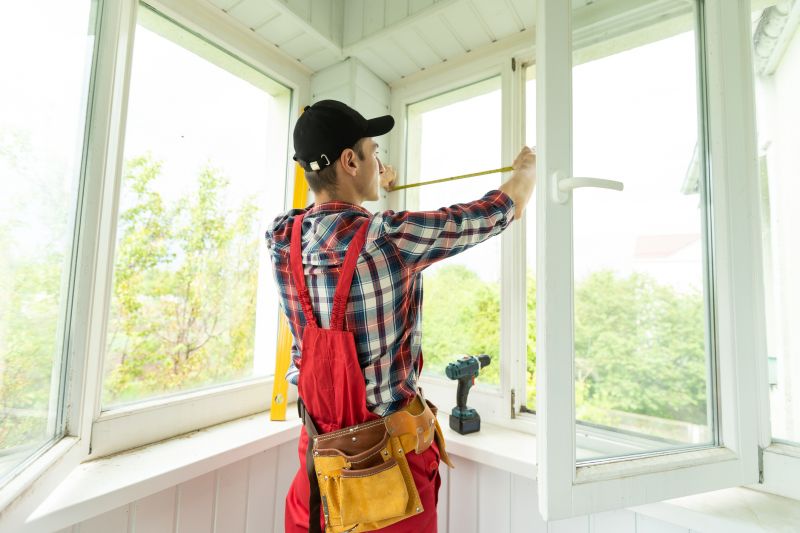
Little measurements that prevent headaches on Storm Restorations day.

A 60-second routine that keeps Storm Restorations looking new.
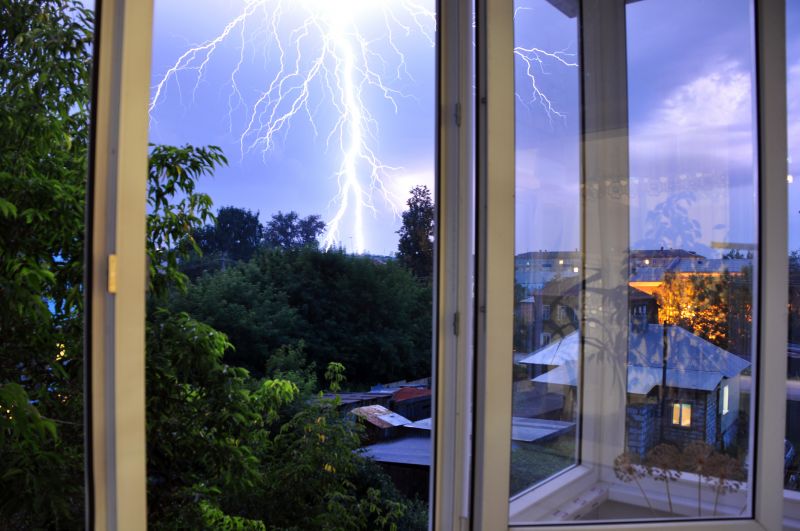
A frequent mistake in Storm Restorations and how to dodge it.

Small tweaks to make Storm Restorations safer and easier to use.
Interested property owners can contact for more information about storm restoration scheduling and services. Proper timing and preparation are essential for effective repairs and long-term property resilience. Filling out the contact form can provide tailored guidance for specific storm restoration needs.
